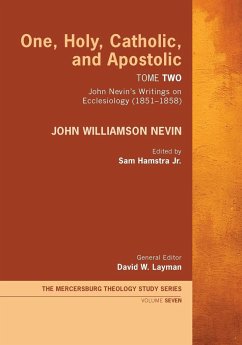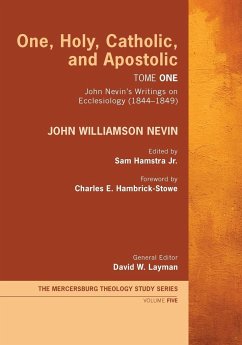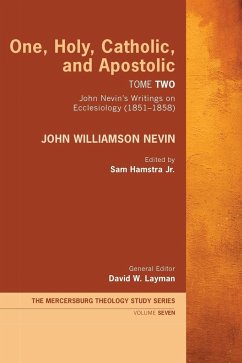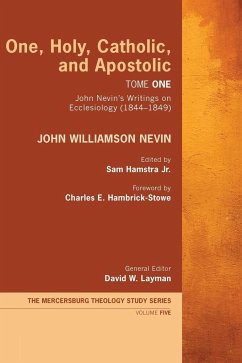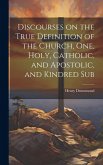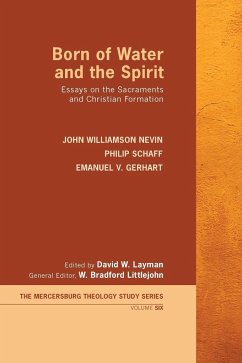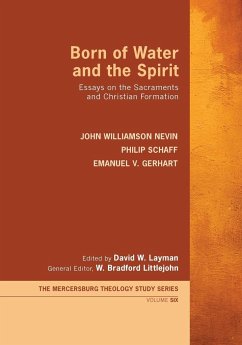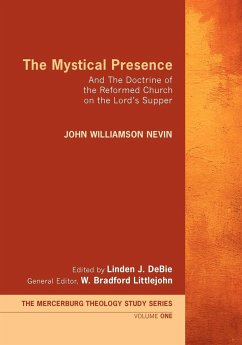John Nevin's vision of the church as ""one, holy, catholic, and apostolic"" grew out of his critique of the revivalism and sectarianism that prevailed throughout evangelical Christianity in the nineteenth century. He deepens his perception of catholicity as an expression of Christian wholeness, his response to the parochialism that ruled American religion and life. He grounds congregational life and mission in the Lordship of Jesus Christ, ordered by the whole Christian tradition, which comes into focus in the Apostles' Creed. This edition carefully preserves the original texts while providing extensive introductions, annotations, and bibliography to both orient the reader and to facilitate further scholarship. The Mercersburg Theology Study Series presents for the first time attractive, readable, scholarly modern editions of the key writings of the nineteenth-century movement known as the Mercersburg Theology. An ambitious multi-year project, it aims to make an important contribution to the academic community and to the broader public, who can at last be properly introduced to this unique blend of American and European Reformed and Catholic theology.
Hinweis: Dieser Artikel kann nur an eine deutsche Lieferadresse ausgeliefert werden.
Hinweis: Dieser Artikel kann nur an eine deutsche Lieferadresse ausgeliefert werden.

